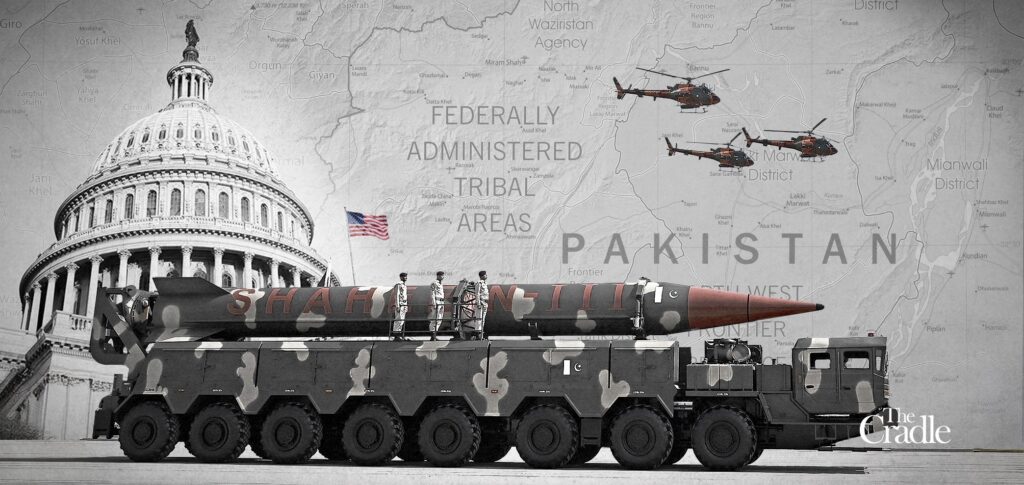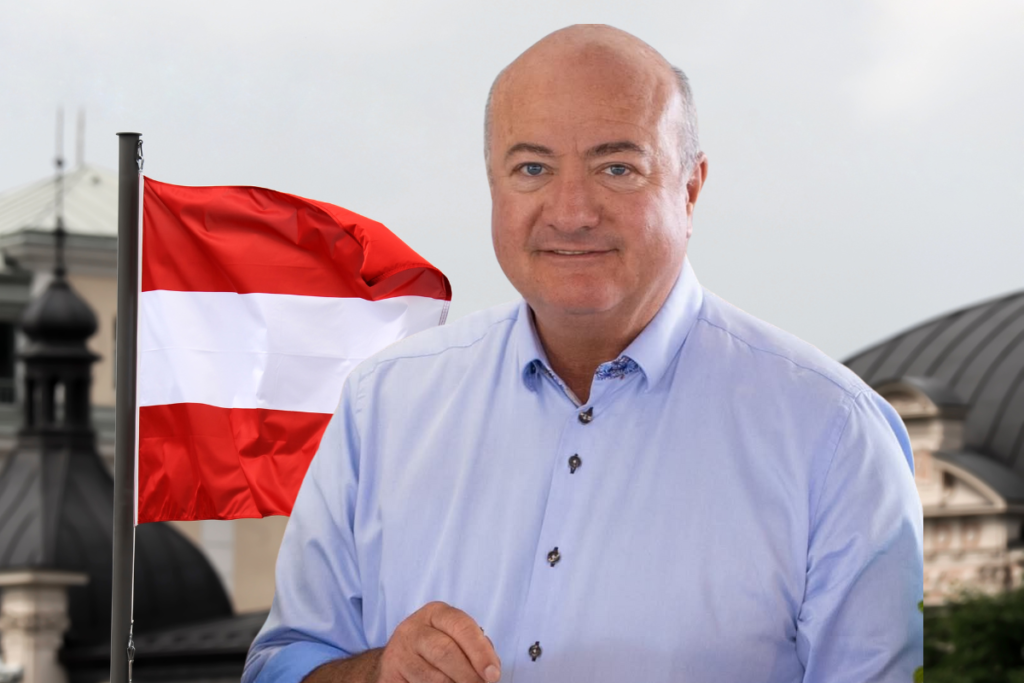The recent suspension of U.S. foreign aid to Ukraine has left numerous humanitarian projects in jeopardy, affecting initiatives ranging from veteran rehabilitation to independent media support. The pause, ordered by Secretary of State Marco Rubio, spares only Israel and Egypt, marking a significant shift in U.S. foreign policy.
In Ukraine, the halt in aid has had immediate repercussions. Small press outlets and aid groups, heavily reliant on U.S. assistance, are facing potential shutdowns. A source within USAID in Ukraine noted that the suspension is expected to severely impact various humanitarian projects, including those supporting veterans and local media.
The European Union has responded by extending its sanctions on Russia. Hungary, which had initially delayed the renewal, agreed to the extension after receiving assurances regarding energy security discussions with Ukraine.
On the ground, Ukrainian cities continue to endure attacks. Recent Russian strikes have injured civilians in Kharkiv and Zaporizhzhia, while overnight airstrikes have caused property damage in Odesa. In the judicial arena, Ukrainian courts have sentenced individuals accused of aiding Russia, and a Russian court has jailed an elderly teacher for criticizing President Vladimir Putin.
Amid these developments, Ukrainian President Volodymyr Zelenskyy met with French President Emmanuel Macron during Auschwitz commemoration events to discuss security concerns and Ukraine’s aspirations for European Union membership.
The suspension of U.S. aid introduces new challenges for Ukraine as it navigates ongoing conflict and political complexities. The international community is closely monitoring the situation, with many expressing concern over the potential humanitarian impact and the broader implications for regional stability.



